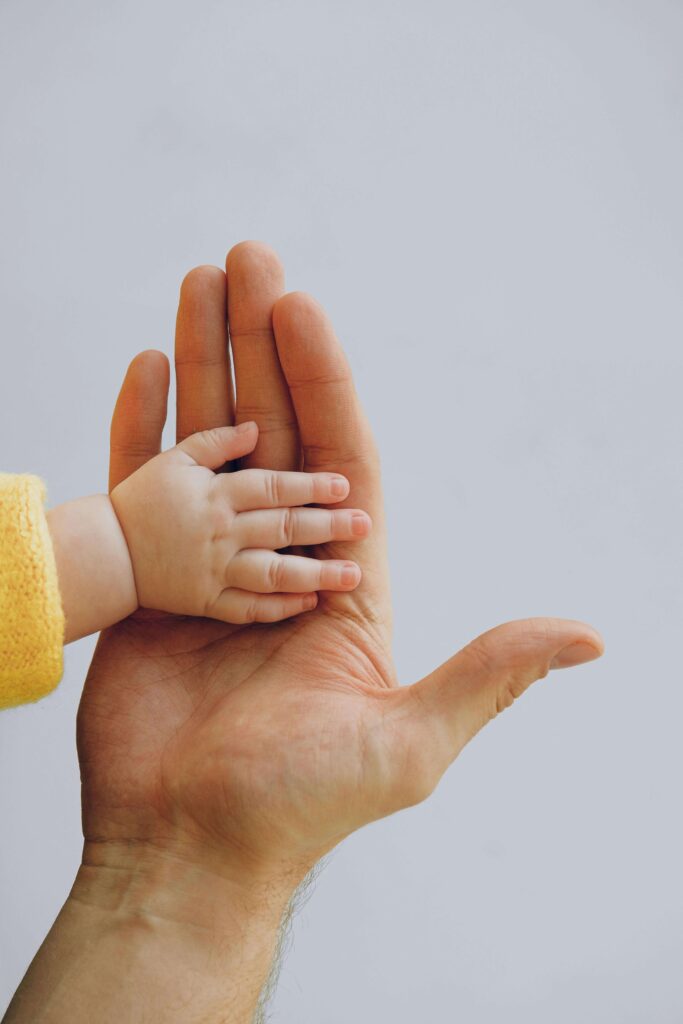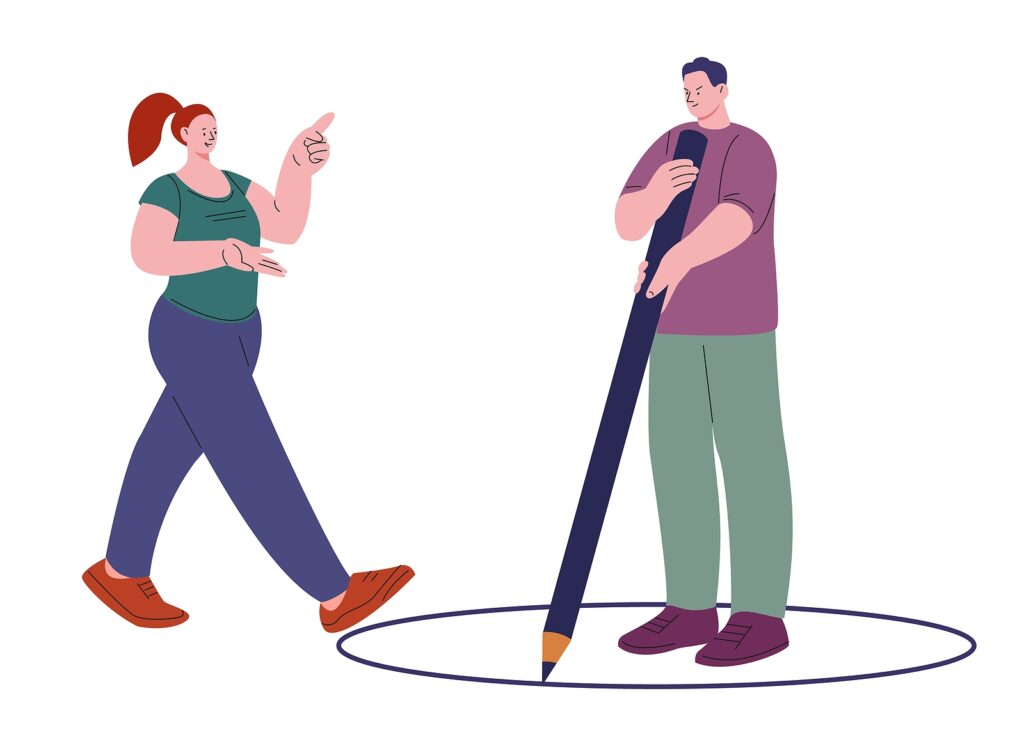If you’ve ever felt too much in relationships, feared abandonment, or found yourself anxiously checking your phone for a response, you’re not alone. These are common experiences for people with an anxious attachment style—and there’s nothing shameful about it.
And if you missed the first part in our series, make sure you check it out here: Attachment Series Pt. 1: How do you know you have a secure attachment style?

Let’s explore what anxious attachment really looks like.
What Is Anxious Attachment?
Anxious attachment is one of the four main attachment styles identified in attachment theory (the others are secure, avoidant, and disorganized). It often develops in early childhood when a caregiver is inconsistent—sometimes available, sometimes not. This unpredictability can lead to a deep fear of abandonment and an internal belief that love must be earned through vigilance or people-pleasing.
Our attachment style can also change over the course of our lives. Maybe you had a safe and connected childhood, but have had difficult or traumatic adult relationships. Those adult experiences could also create an anxious attachment style.
As adults, people with anxious attachment tend to crave closeness, fear rejection, and feel highly sensitive to perceived shifts in their partner’s mood or behavior.
Common Signs of Anxious Attachment
Here are some signs you might have an anxious attachment style:
1. You Worry a Lot About Your Relationships
You might overanalyze texts, replay conversations, or worry that your partner will leave—even without clear evidence. This hyper-focus often stems from a deep need for reassurance.
2. You Feel “Too Much” or “Too Needy”
You crave emotional closeness and connection, but you may fear that expressing those needs will push others away. This can lead to a cycle of reaching out, then feeling ashamed or worried afterward.
3. You Struggle With Boundaries

You might find yourself over-giving, saying yes when you want to say no, or losing yourself in relationships. Often, there’s an underlying fear that setting boundaries will result in rejection or abandonment.
4. You Experience High Relationship Anxiety
Even small signs of distance—like a partner needing space—can trigger panic. You may feel compelled to “fix” things quickly, even if nothing is actually wrong.
5. You Attach Quickly and Detach With Difficulty
You may idealize partners early on, overlook red flags, or find it extremely painful to let go after a breakup—even when the relationship wasn’t healthy.
It’s Not “Just You”—It’s a Pattern
Anxious attachment isn’t a flaw or a diagnosis. It’s an adaptive response your nervous system learned to survive emotional unpredictability. Understanding this helps you move from self-criticism to self-compassion.
Once you can recognize these patterns, you can begin to shift them.
Healing Anxious Attachment
Healing doesn’t mean you’ll never feel anxious in relationships. It means you’ll have tools to manage those feelings without letting them run the show. Here are a few steps to get started:
- Build self-awareness: Journaling, therapy, or mindful reflection can help you recognize when you’re in an anxious spiral.
- Practice self-soothing: Learn to calm your nervous system without always relying on others to do it for you.
- Challenge old narratives: Gently question the belief that you’re “too much” or unlovable. These beliefs are stories—not facts.
- Seek secure connections: Whether it’s friends, therapists, or a securely attached partner, safe relationships help rewire anxious patterns over time.
- Seek therapy from someone trained in attachment and trauma: Sometimes professional help can increase your healing and awareness as you seek to shift out of anxious attachment patterns. At The Family Therapy Clinic our therapists have extensive training in Emotionally Focused Therapy, which is an attachment model. Click here to learn more about our clinicians.
Final Thoughts

Anxious attachment can feel overwhelming, but with awareness and care, it’s absolutely possible to create secure, loving relationships. You don’t have to shrink yourself to be loved. The right people will want to meet your needs—not make you feel bad for having them.
In the next part of this series, we’ll dive into avoidant attachment and what it looks like in relationships. But for now, remember: recognizing your attachment style is not the end of the story—it’s the beginning of healing.
Start Couples Therapy in American Fork, UT
If anxious attachment is affecting your relationships, you’re not alone—and you don’t have to navigate it on your own. At The Family Therapy Clinic, our skilled therapists in American Fork, UT specialize in attachment-focused and emotionally focused couples therapy. Whether you’re seeking support for yourself or with a partner, we’re here to help you build secure, connected relationships. Start your therapy journey by following these simple steps:
- Contact us.
- Meet with a caring therapist.
- Start finding emotional safety and connection!
Other Services Offered with The Family Therapy Clinic
At The Family Therapy Clinic, we provide comprehensive mental health services designed to address your unique needs. We are happy to offer couples therapy, but this isn’t the only service we offer. Our team of specialized therapists is happy to offer marriage counseling, adult anxiety, therapy for teens facing anxiety and depression, and OCD therapy, ensuring a holistic approach to mental wellness across different life stages. Visit our blog for more helpful info!

+ show Comments
- Hide Comments
add a comment